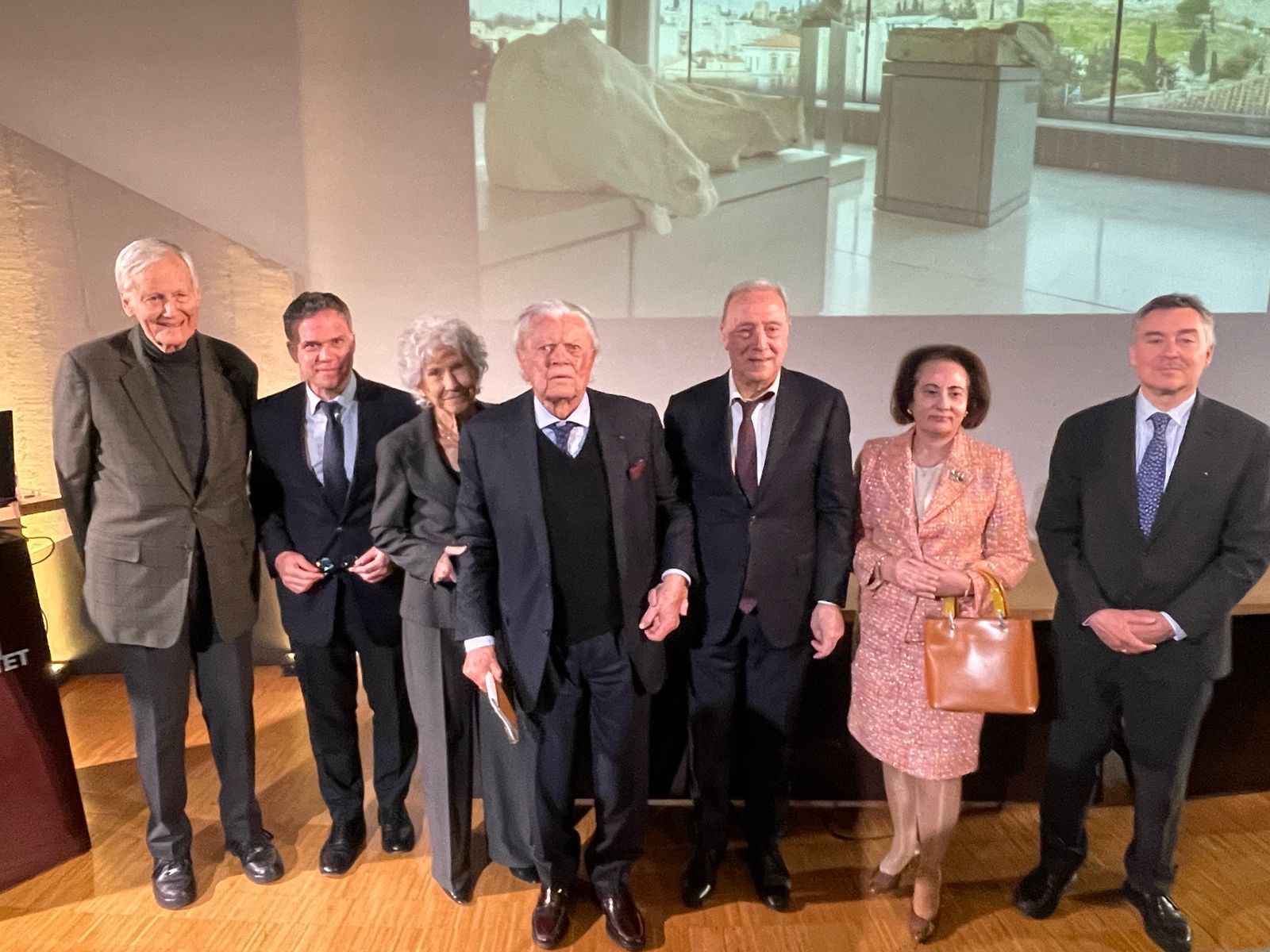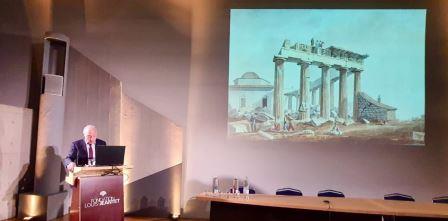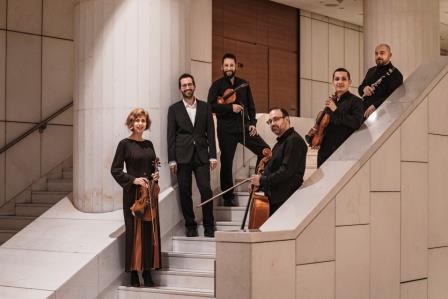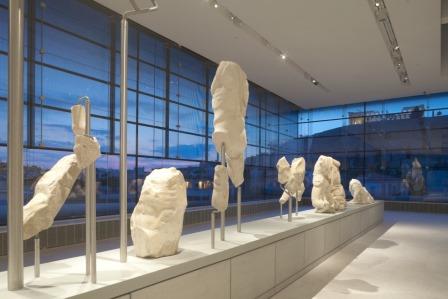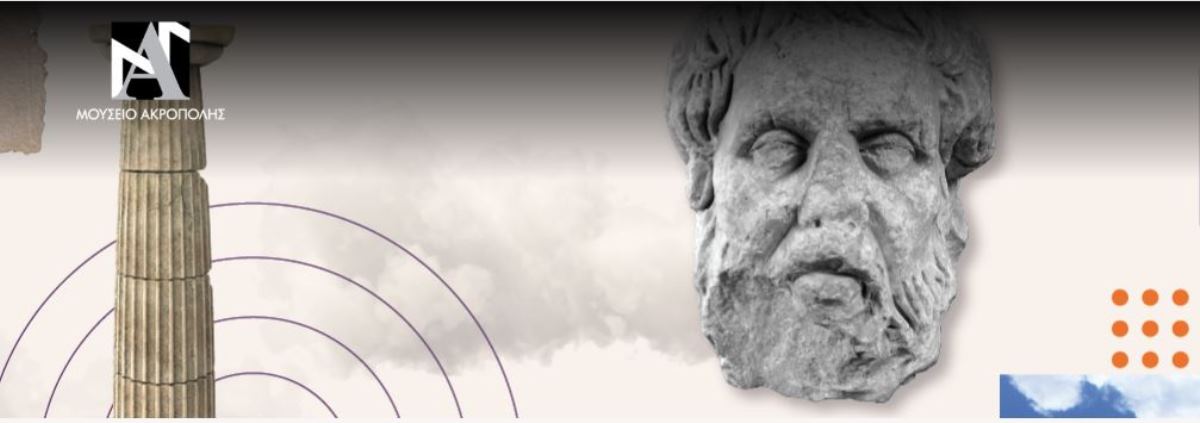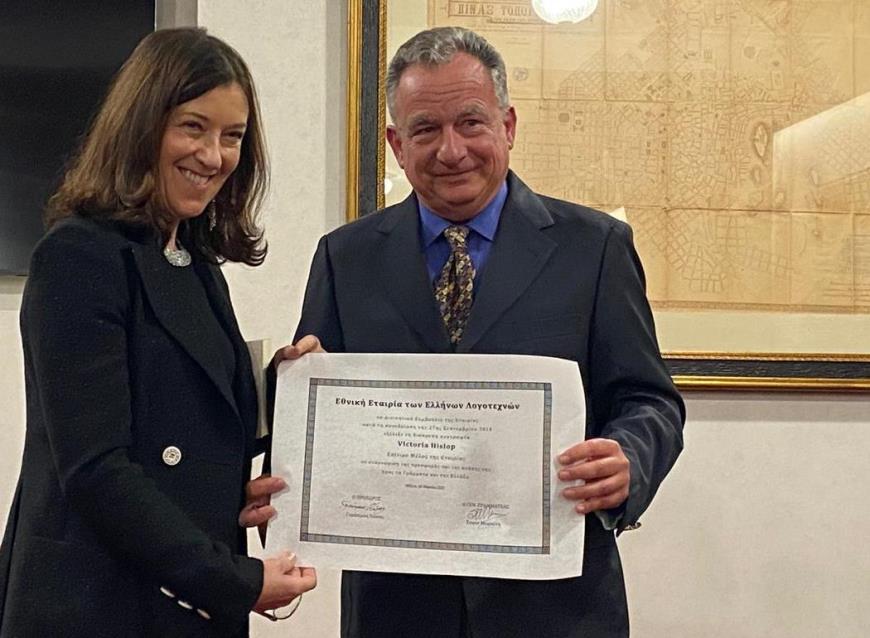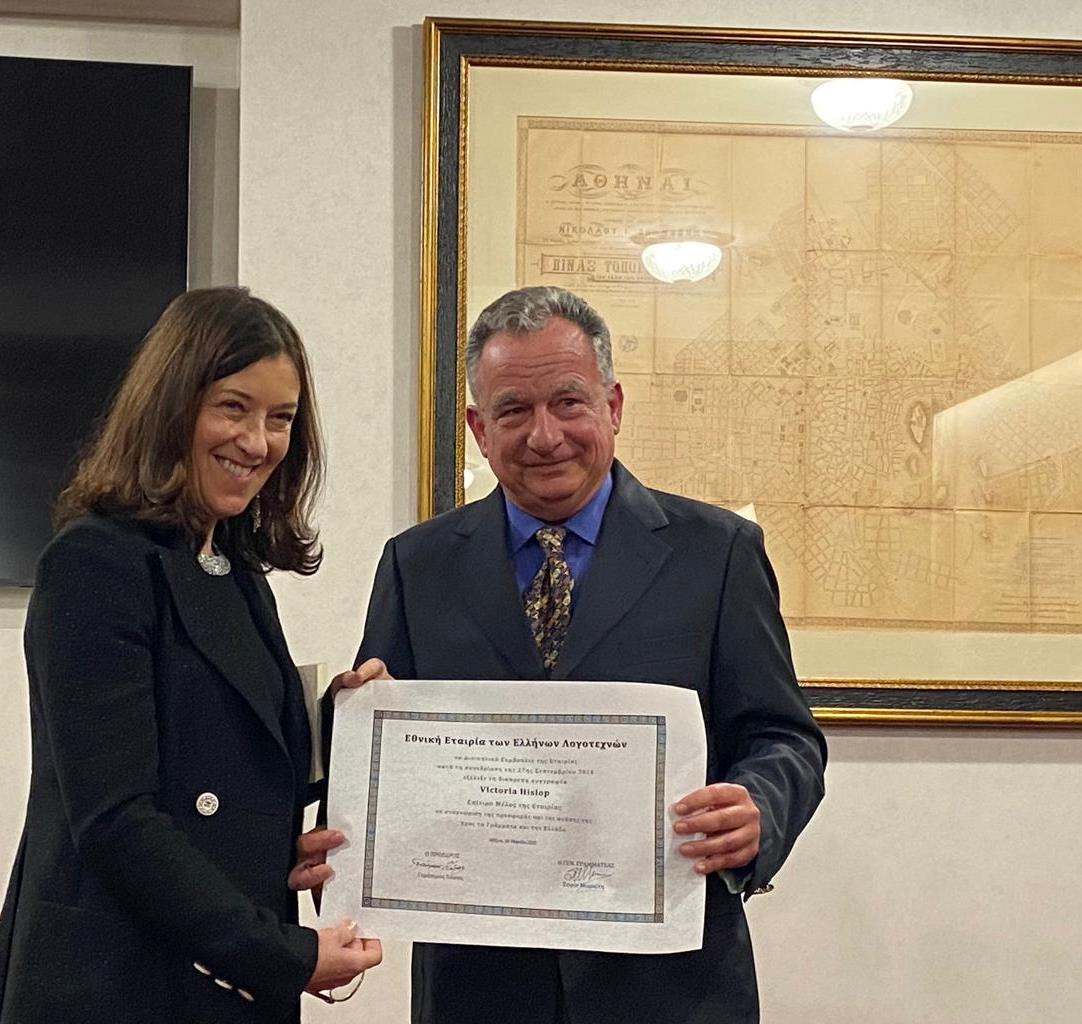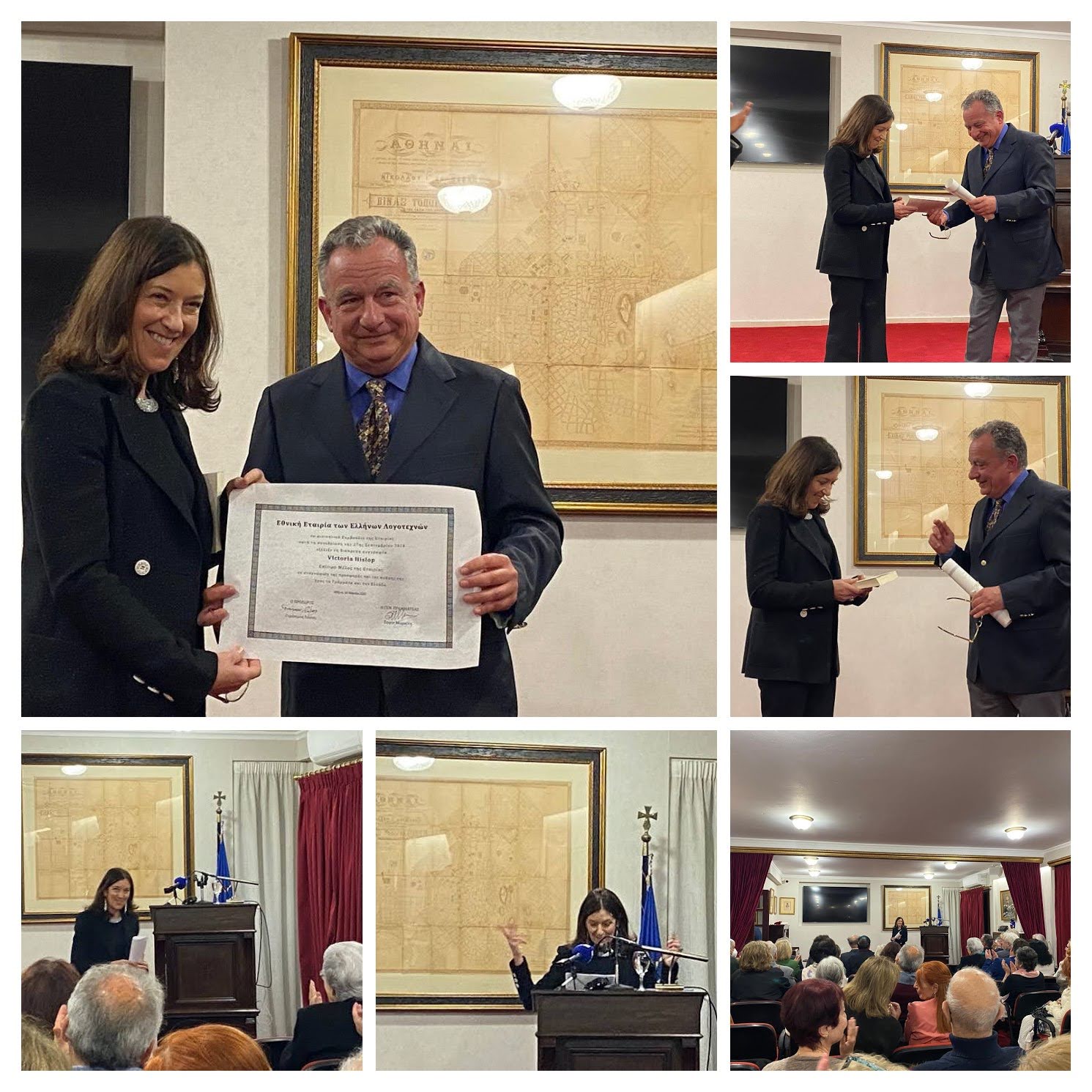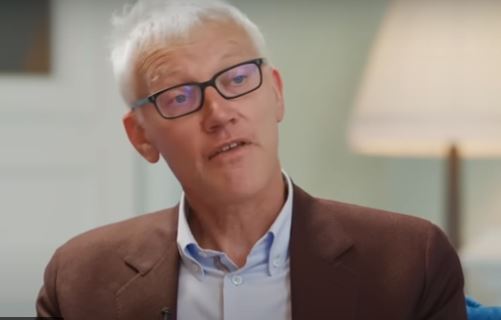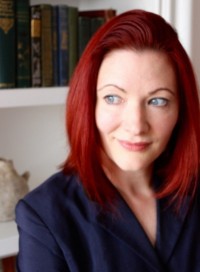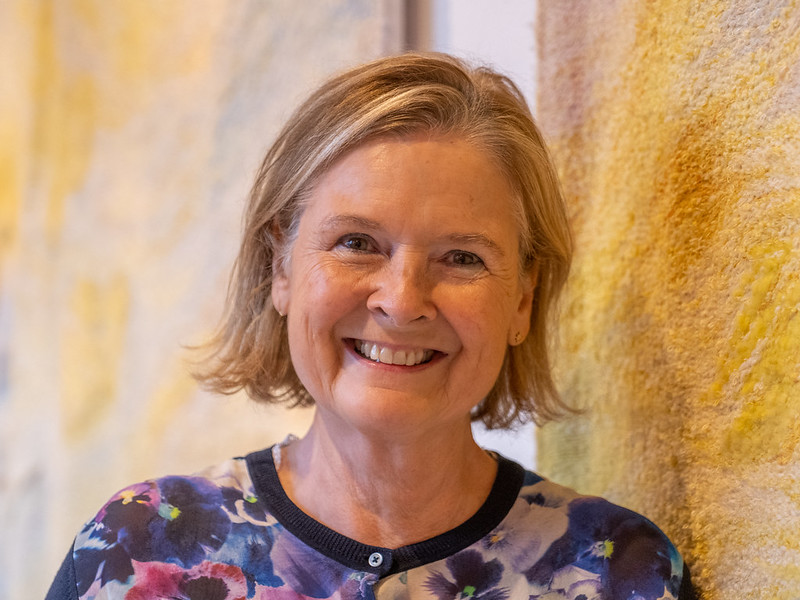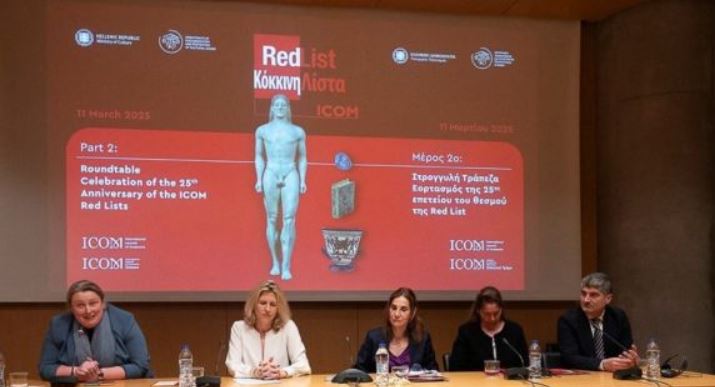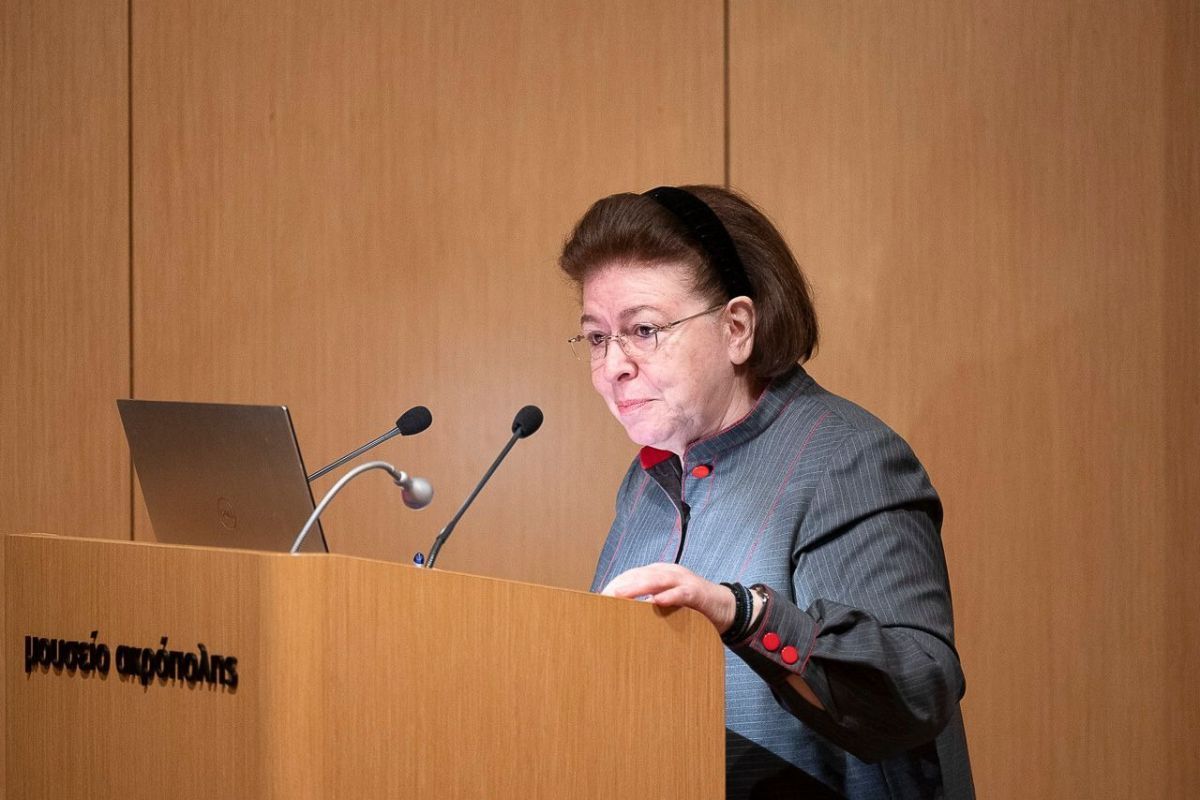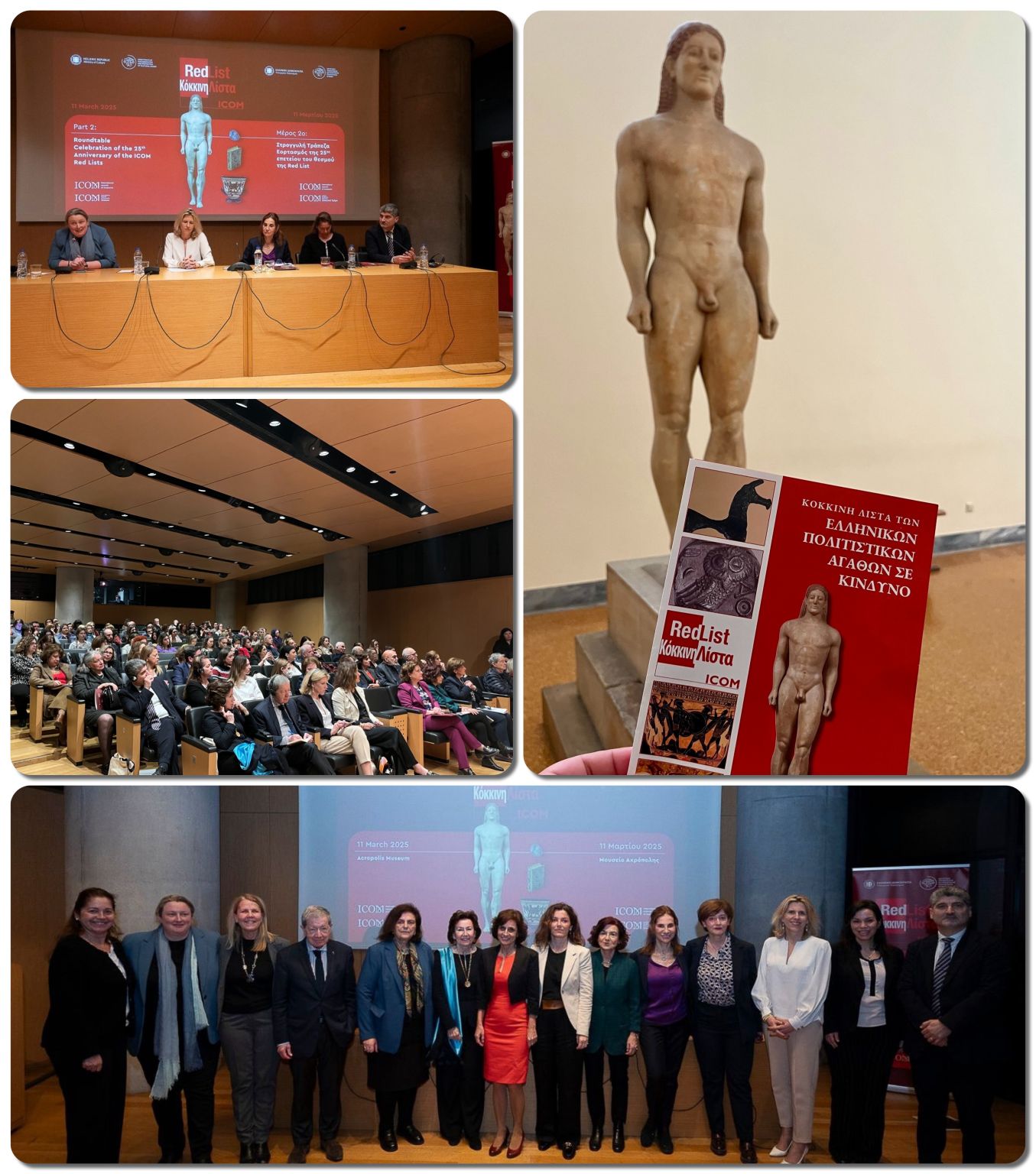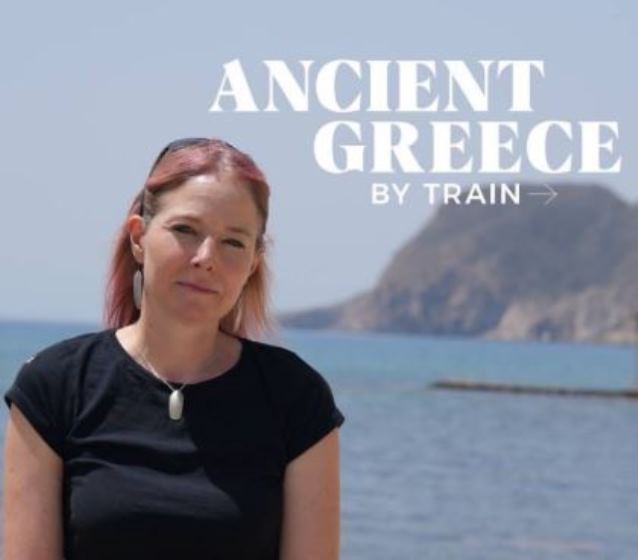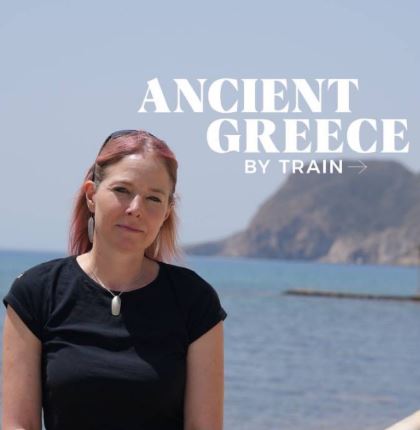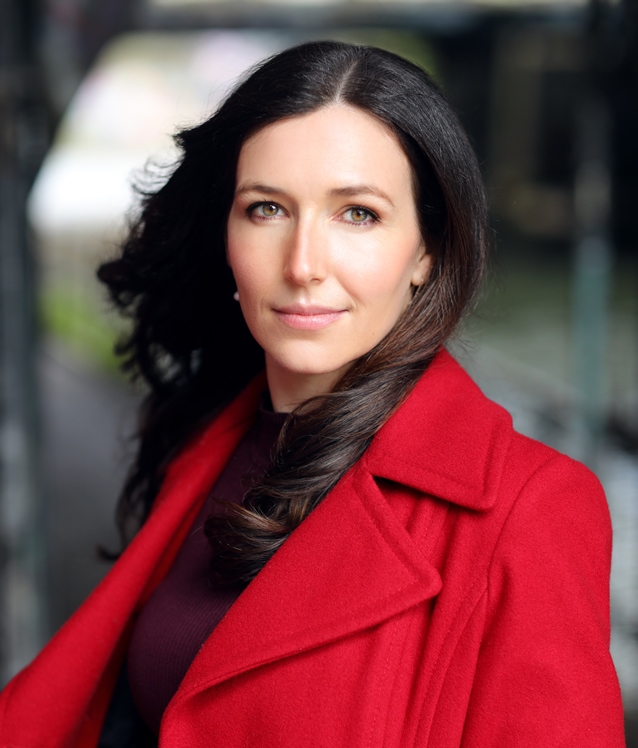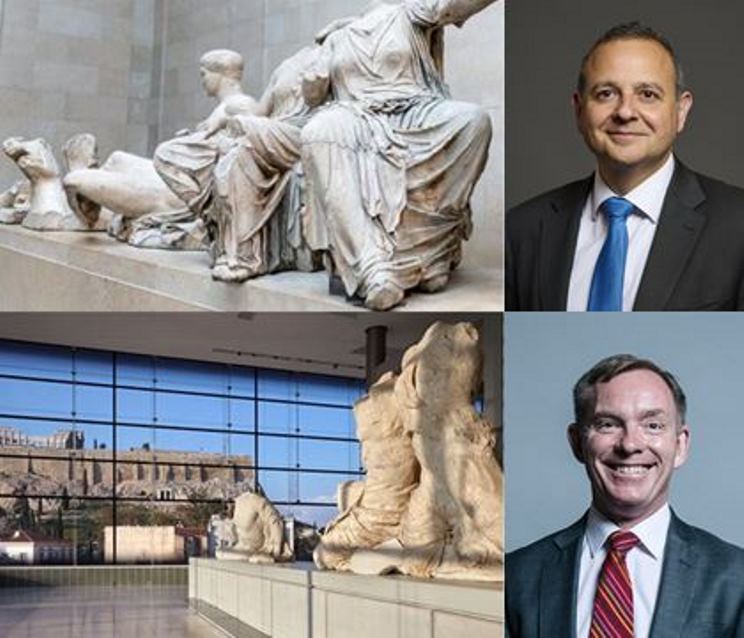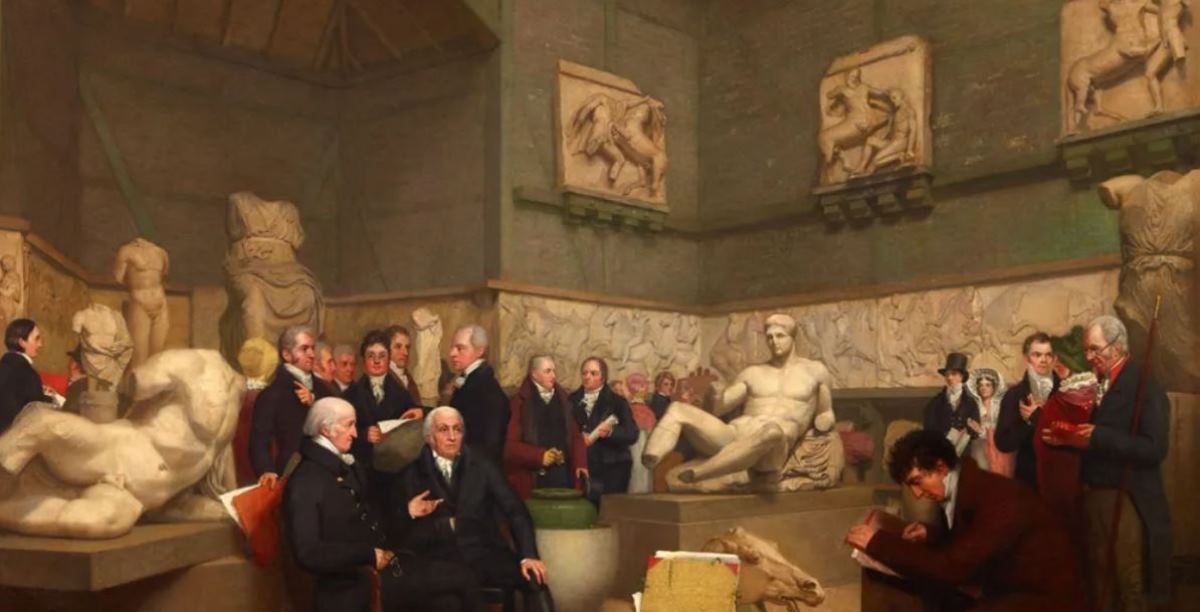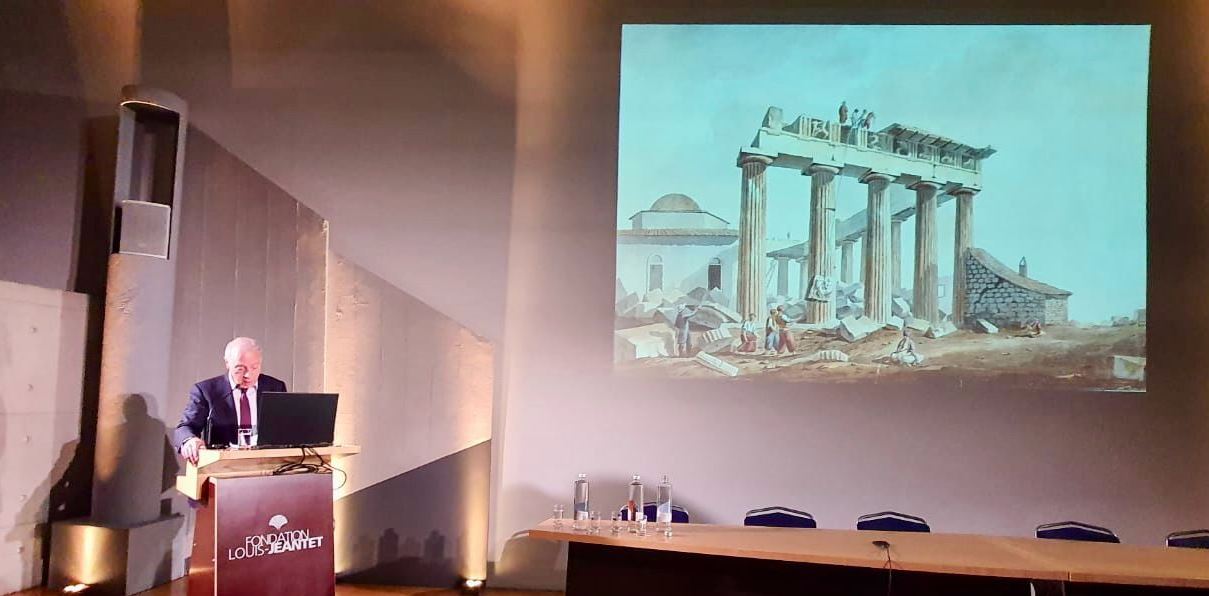
"The Parthenon is not Corpus Christi that can be broken and divided. It is a single entity such as Nature and Time, both are kept for all of us.
It is time for the integral parts of the Parthenon to come back in their integrity for all the humanity, like time, without openings or gaps.
Today, the democracies of the entire free world should support the return and reunification of the Parthenon sculptures to Athens, the mother of Western civilization, the cradle of all democracies, so that their significance may once again be celebrated, united, under the light that it was created.
Greece is not asking this for itself alone, it is asking it for all of humanity, as an example of reunification of the symbol, of our fragmented world. For, it is not only important for a person to protect the past but also to rescue the present from the future."
The inspiring speech by the Director General of the Acropolis Museum, Professor Nikolaos Stampolidis, “The Parthenon Sculptures. The Abduction of Beauty”, took place this week on Thursday evening in Geneva, in the packed Louis Jantet amphitheatre. The atmosphere was rapped in enthusiasm and emotion.
The event was organised by the Swiss Committee for the Reunification of the Parthenon Marbles, Comité Suisse pour le Retour des Marbres du Parthénon (CSRMP), on the occasion of the retirement of its long-serving President (2008-2025), Professor Dusan Sidjanski, and the assumption of the Chairmanship of the Committee by Professor Cléopatre Montandon. Also present Mrs. Katerina Simopoulou, Ambassador of Greece, to Switzerland alongside Mr. Ioannis Gikas Greece's Ambassador to the United Nations. The Consul General in Geneva, Mr. Alexandros Yennimatas, introduced the event.
With thanks to Sophia Hiniadou Cambanis for the text and images.
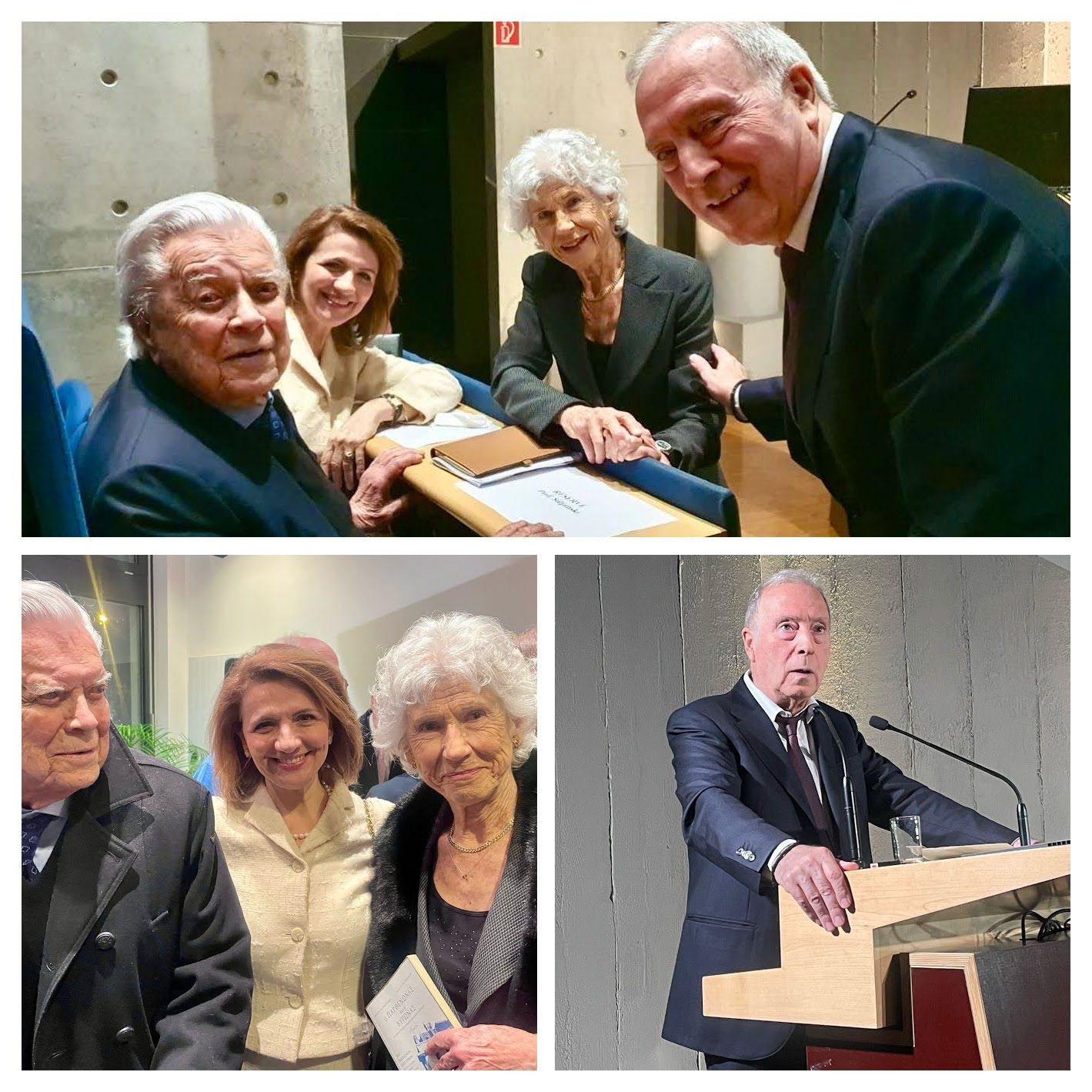
Pictured above: Professor Dusan Sidjanski, Honorary President Swiss Committee for the Reunification of the Parthenon Marbles, Comité Suisse pour le Retour des Marbres du Parthénon (CSRMP) with Professor Nikolaos Stampolidis, Director General of the Acropolis Museum, Sophia Hiniadou Cambanis and Chair of the Swiss Committee, Professor Cléopatre Montandon.
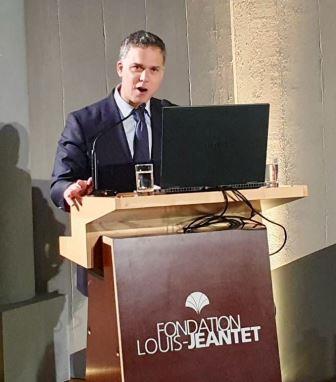
The Consul General in Geneva, Mr. Alexandros Yennimatas, introduced the event.
